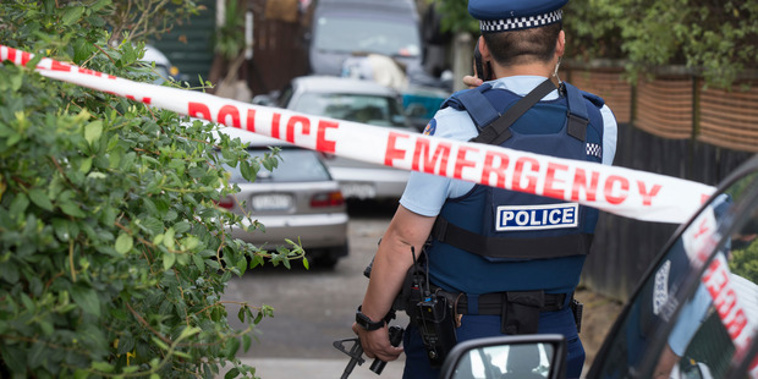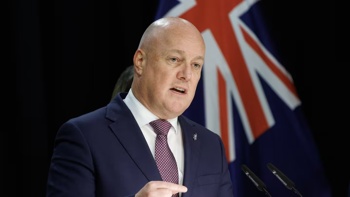
A year on from a review that found pockets of toxic culture at New Zealand Police, new data shows just how many bullying and sexual harassment complaints have been filed since.
The report was initiated in 2019 after media reports of workplace bullying at the agency, and the IPCA said interviews with more than 200 current and former staff showed virtually all interviewees had no confidence in existing mechanisms for addressing bullying.
Thousands of police employees, or 40 per cent of the workforce, responded to a joint IPCA-police survey asking questions about the organisation's culture.
Now, fresh data released to the Herald under the Official Information Act shows last year 24 complaints of bullying were filed by police workers and seven have been made this year so far.
The 2021 numbers were the same as those in 2018, but an increase from 2020 during which 18 complaints were filed and a drop from the 29 made in 2019.
As well as this, police received 52 non-recorded anonymous "Speak Up" complaints which were reported between 2018 and 2020. That system was replaced following the investigation.
Reports of sexual harassment have gone from seven in 2018 and six in 2019 to just four and three in 2020 and 2021 respectively.
Just one complaint of that nature has been made in 2022 so far. The complaints all came from women and were filed against men.
A police spokesperson said they were committed to ensuring a safe environment and culture for all staff, and they take allegations extremely seriously.
"The data shows that there has been a decrease in reports of bullying and harassment, year on year. Whilst that can be seen as positive, we want our people to have confidence in our systems and how we respond and therefore we would not be disappointed if there was an initial increase in reporting for a period before an eventual decline."
The spokesperson said police accepted all of the recommendations made as part of the independent review of police systems and processes for responding to bullying and harassment.
"However, we recognise that given the scale of some of these changes, they will take some time to embed and results to be seen."
One example they pointed to was the transformation of police's internal disciplinary process with the introduction of Te Ohu Manawanui.
"This was piloted in late 2020 and rolled out nationally over the course of the 2021/2022 year following a positive evaluation of the pilot results. We want enduring culture transformation for our people. This takes time and we are committed for the long term."
One former police employee, who spoke to the Herald on the condition of anonymity last year, said her life became "hell" after a sergeant sexually harassed her while she was at training college.
When she made it onto the force, things didn't get better, and she claimed she was groped by a more senior officer and bullied.
During the review two interviewees said when they were out in the field and radioed for immediate backup because they were at risk, bully officers failed to provide backup.
"The interviewees subsequently verified that these other officers had been in radio contact and not involved in any other urgent job," the IPCA added.
A majority of respondents described police as a good place to work, but 40 per cent of those surveyed said they'd personally experienced poor behaviour.
Hundreds of police surveyed said they'd experienced sustained bullying.
The survey found some managers reportedly had an autocratic style, were narrow-minded, and intolerant of questioning or dissent.
"Some of those who reach senior positions develop a sense of entitlement that empowers them to treat people poorly," the report found.
Take your Radio, Podcasts and Music with you









